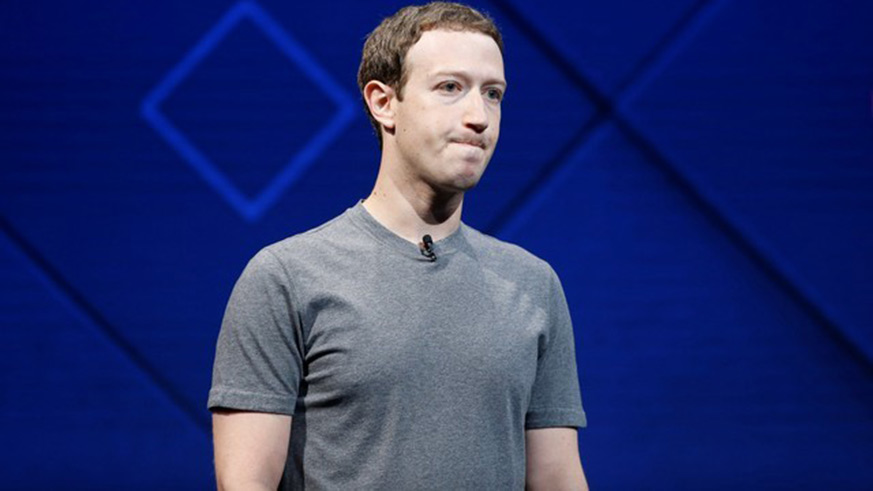In its quarterly filings, Facebook says there are up to 87 million fake Facebook profiles on the social network — up from 18 million in 2016 — using duplicate photos and information of real Facebook users.
Facebook says “episodic spikes” in fake-account creation in Indonesia, Turkey and Vietnam were responsible for the increase. The Washington Post reports that Facebook has released opt-in facial-recognition technology to combat the fraudulent profiles, but it is not particularly effective: The program only scans a user’s friends and friends-of-friends network for fakes.
During Facebook CEO Mark Zuckerberg’s testimony before Congress last month, Sen. Chris Coons (D-CT) told Zuckerberg that friends had alerted him to a fake Facebook profile that duplicated Coons’s information and photos and added “a whole lot of Russian friends.”
“Whoever created them had literally just copied and pasted my photo from my Senate page and a whole bunch of photos from my Facebook pages,” said Coons. “Isn’t it Facebook’s job to better protect its users? And why do you shift the burden to users to flag inappropriate content and make sure it’s taken down?”
“It’s clear that this is an area … we need to do a lot better on,” Zuckerberg replied. “Over time, we’re going to shift increasingly to a method where more of this content is flagged up front by AI tools that we develop.”
The company can’t identify the fake Facebook profiles accurately
In the meantime, Facebook is struggling. When the Post showed the company a dozen fake Facebook profiles copied from one real user, the company disabled the accounts of the real person but left the fake ones in place.
Observers say it’s unclear why a $500 billion industry-dominating tech company can’t do a better job at catching fakes. Zach Elwood, a Portland, Oregon-based writer, tracks counterfeit Facebook accounts in his spare time. He records them in a spreadsheet and told the Post he can spot a fake with a few clicks. “It’s kind of a cop-out to pretend there’s some high-tech solution needed for this,” he said. “I’m not anybody with any special knowledge. Anybody can go on there and find these things.”
















